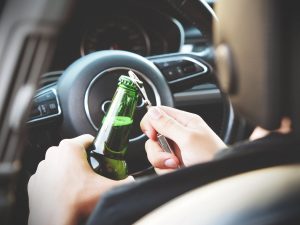As a Broward defense attorney, I generally advise people never to talk to police without a lawyer present. This is true whether you’re innocent or not. Even those who don’t believe they are suspected of a crime should use great caution.
The Fifth Amendment to the Constitution prevents anyone from being compelled in any criminal case to be a witness against himself or herself. You have the right to remain silent. You need to tell them your name, but you don’t need to answer questions about where you’re going, where you came from, what you’re doing, where you live, whether you’re a U.S. citizen or here lawfully. You shouldn’t lie or run. Stay as calm as possible. But be crystal clear that you’re exercising your right to silence. Request a lawyer before you agree to answer any other questions.
Some people are concerned this makes them seem guilty. Especially when they’ve done nothing wrong, it can be tempting just to talk. After all, police can be intimidating and these encounters can cause all kinds of anxiety and most people just want it over with. But here are 6 reasons you really need to refrain from talking to the police at all without your lawyer present. Continue reading
 Fort Lauderdale Criminal Attorney Blog
Fort Lauderdale Criminal Attorney Blog












